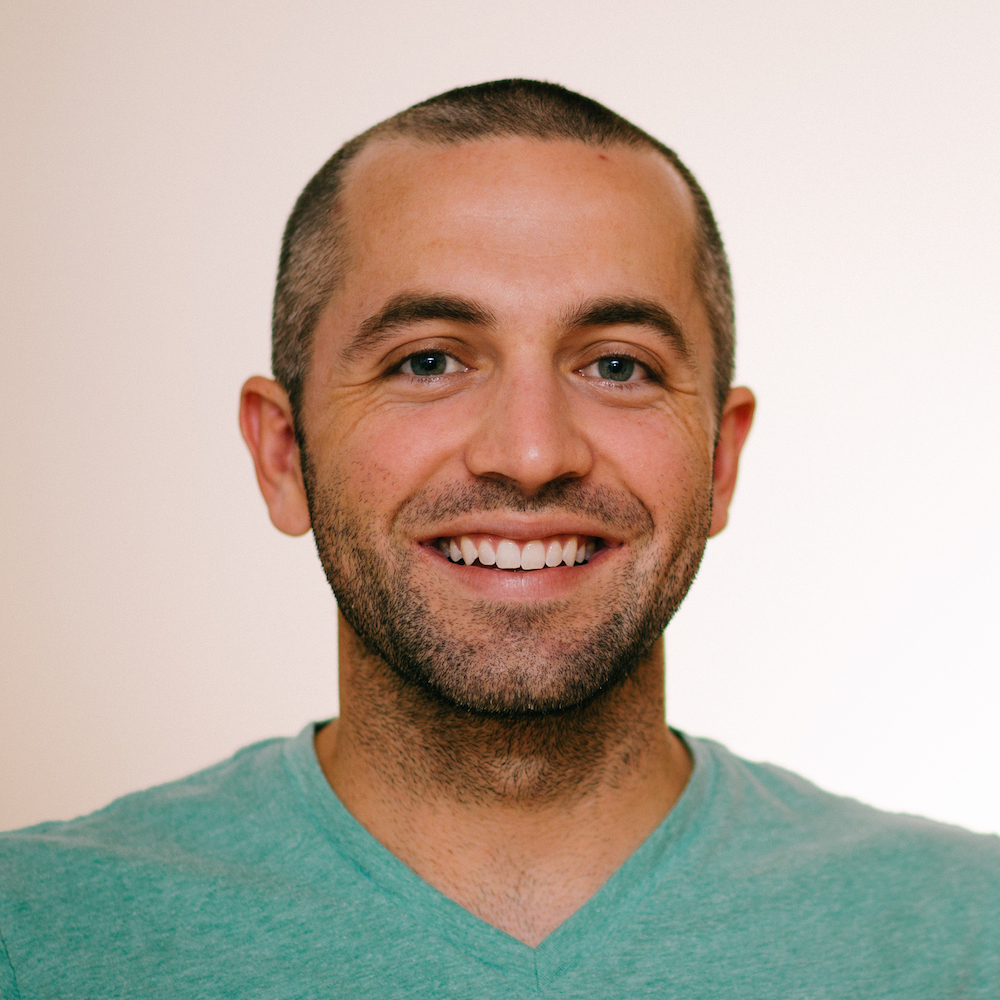Hey there,
Happy Thanksgiving! Hope you get to enjoy a few days off. Enjoy this week's newsletter and if you're feeling inspired, pass it on.
1. When Giants Fail
I've recently dug into Clay Christensen's work and find it endlessly fascinating. He coined the term jobs-to-be-done long before it was trendy. He's also observed and written extensively about the challenges that cause great businesses and great people to fail spectacularly.
If you read just one article on Clay Christensen, make it this one.
“Everybody talks about disruption now,” George Gilder, a technology writer and onetime business partner of Christensen’s, says. “Clayton inserted that word in the mind of every C.E.O. in technology. Everywhere you go, people explain that they’re disrupting this or disrupting that. Every big company now tries to disrupt itself all the time, and it’s not clear to me that it’s always a good thing.”
2. How to Lead From a Non-Leadership Role
"You don’t need authority from others to be a leader."
This great post from the Teamwork blog goes into some different ways to lead. You don't need to be an extrovert or boss people around to be a leader—there are all kinds of interesting ways to help the people around you.
Extraverted leaders tend to take control more and delegate. Introverted leaders, however, tend to empower their employees to make their own decisions.
Leadership expert Karl Moore suggest that great leaders are “ambidextrous.” They know when to bail their team out of trouble, but they also can take a step back and encourage their employees take initiative.
3. Why Small Pleasures Are a Big Deal
I love this post from The Book of Life, which posits that happiness doesn't need to be rare, expensive or celebrated.
More fundamentally, the smallness of small pleasures isn’t really an assessment of how much they have to offer us: it is a reflection of how many good things the world unfairly neglects. A small pleasure is a great pleasure in-waiting; it is a great pleasure which has not yet received the collective acknowledgment it is due.
4. The Power of the Minimum Effective Dose
You can really go wild with this concept. It's totally undervalued in the productivity space.
In his book, The 4-Hour Body, Tim Ferriss uses the concept of the minimum effective dose, the MED. He defines it as “the smallest dose that will produce the desired outcome.”
“Anything beyond the MED is wasteful,” he says, offering this example:
"To boil water, the MED is 212F (100C) at standard air pressure. Boiled is boiled. Higher temperatures will not make it 'more boiled.' Higher temperatures just consume more resources that could be used for something else more productive."
5. Random Links
- Cal Newport makes a strong case for quitting social media altogether
- We talk about retention in SaaS, but Fender (the guitar company) is facing this challenge on a different scale.
- 15Five is my new favorite tool
- Reading is your secret weapon
- The How I Built This podcast with Southwest Airlines founder Herb Kelleher is so, so good.
Have a great week!
Jimmy
